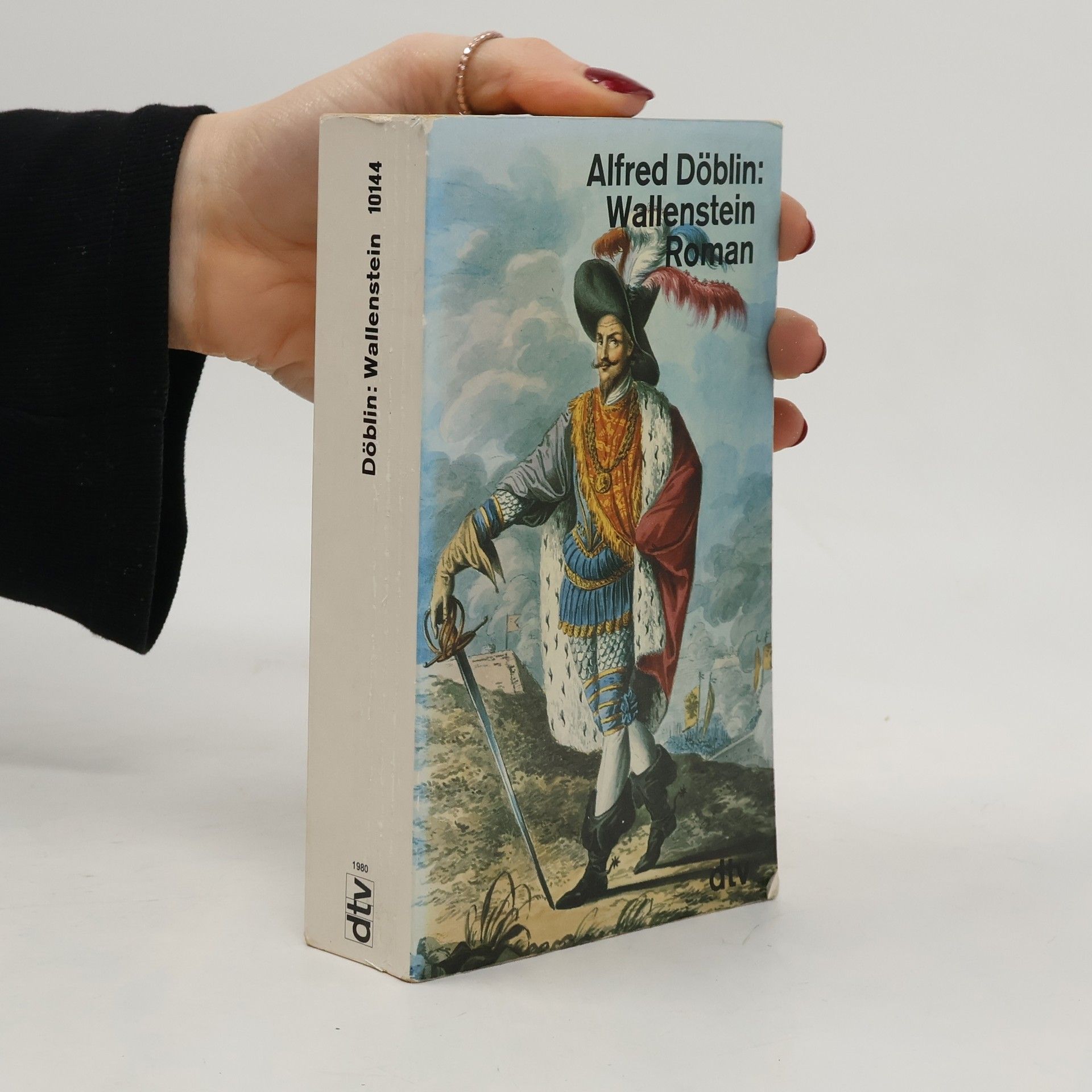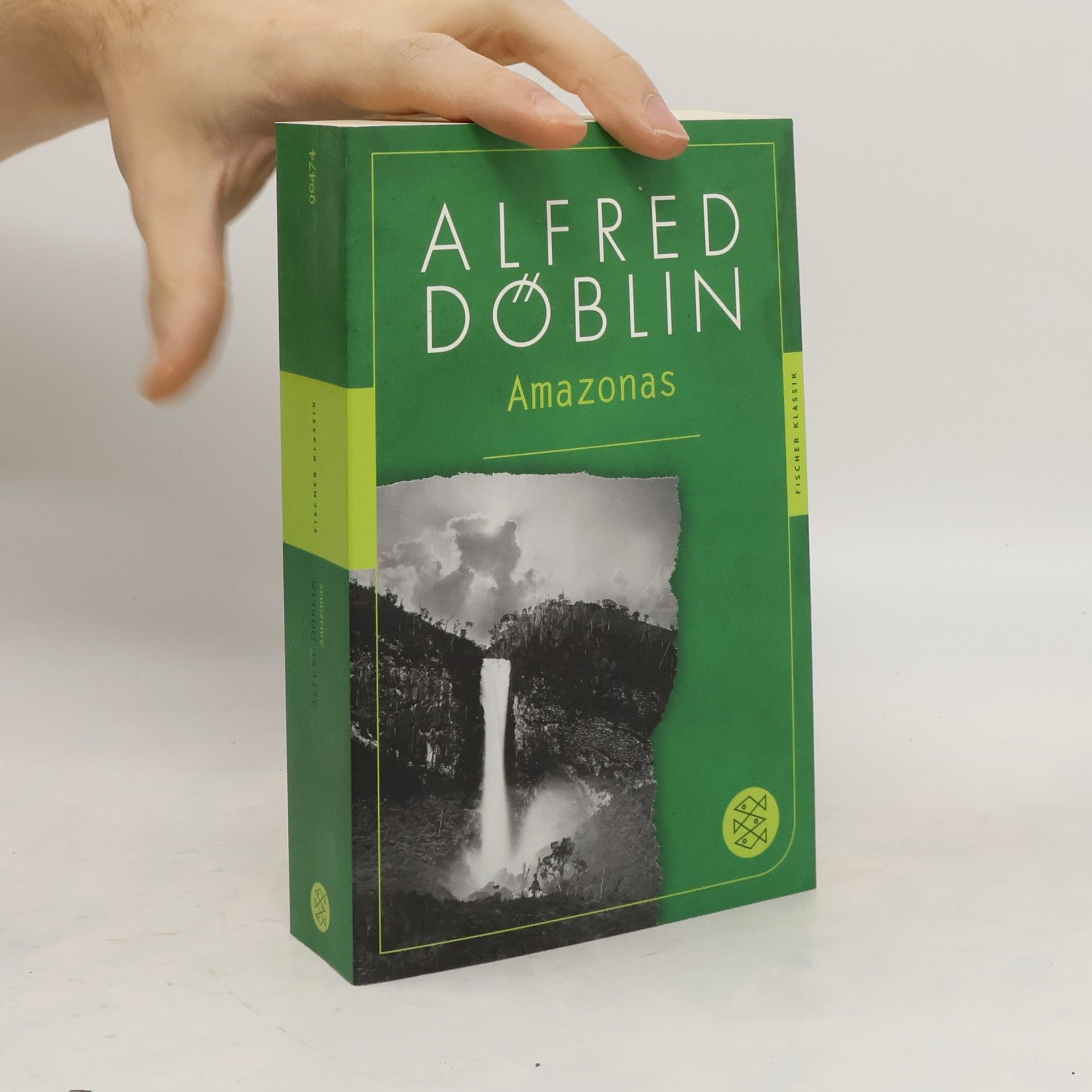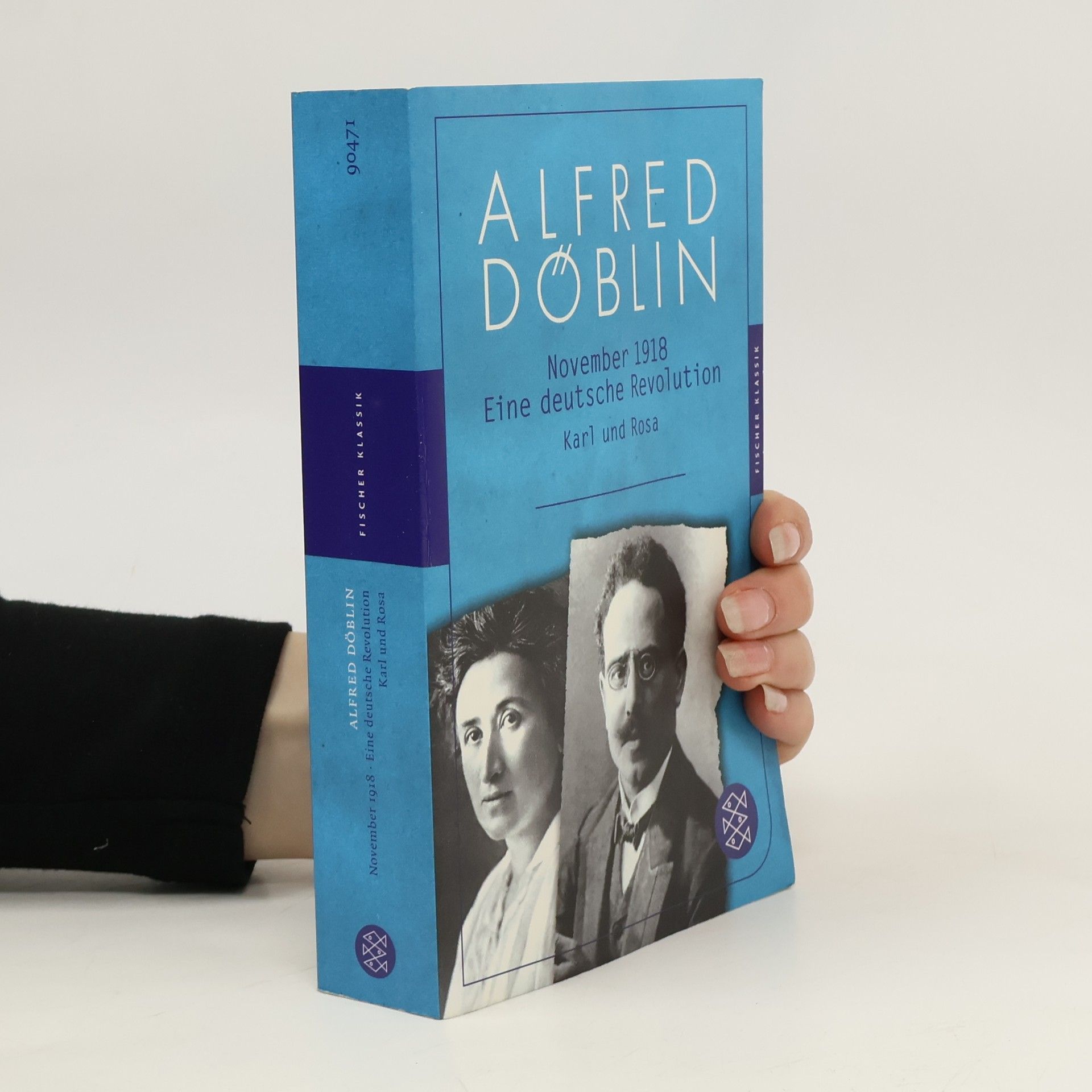Wallenstein. II.
- 266 pages
- 10 hours of reading
In einer eindrucksvollen Szenerie in der Münchener Residenz entfaltet sich eine tiefgründige Auseinandersetzung mit der Beziehung zwischen Mensch und Gott. Ein glutäugiger Priester, gekleidet in einem schwarzen Jesuitenrock, vermittelt eine provokante Botschaft: Die Liebe zu Gott ist eine Sünde, da sie ihn erniedrigt. Stattdessen betont er die Notwendigkeit, Gott mit Ehrfurcht und Grauen zu begegnen, und stellt die Vorstellung von einer persönlichen Beziehung in Frage. Diese düstere Perspektive auf das Göttliche regt zur Reflexion über Glauben und die menschliche Existenz an.









